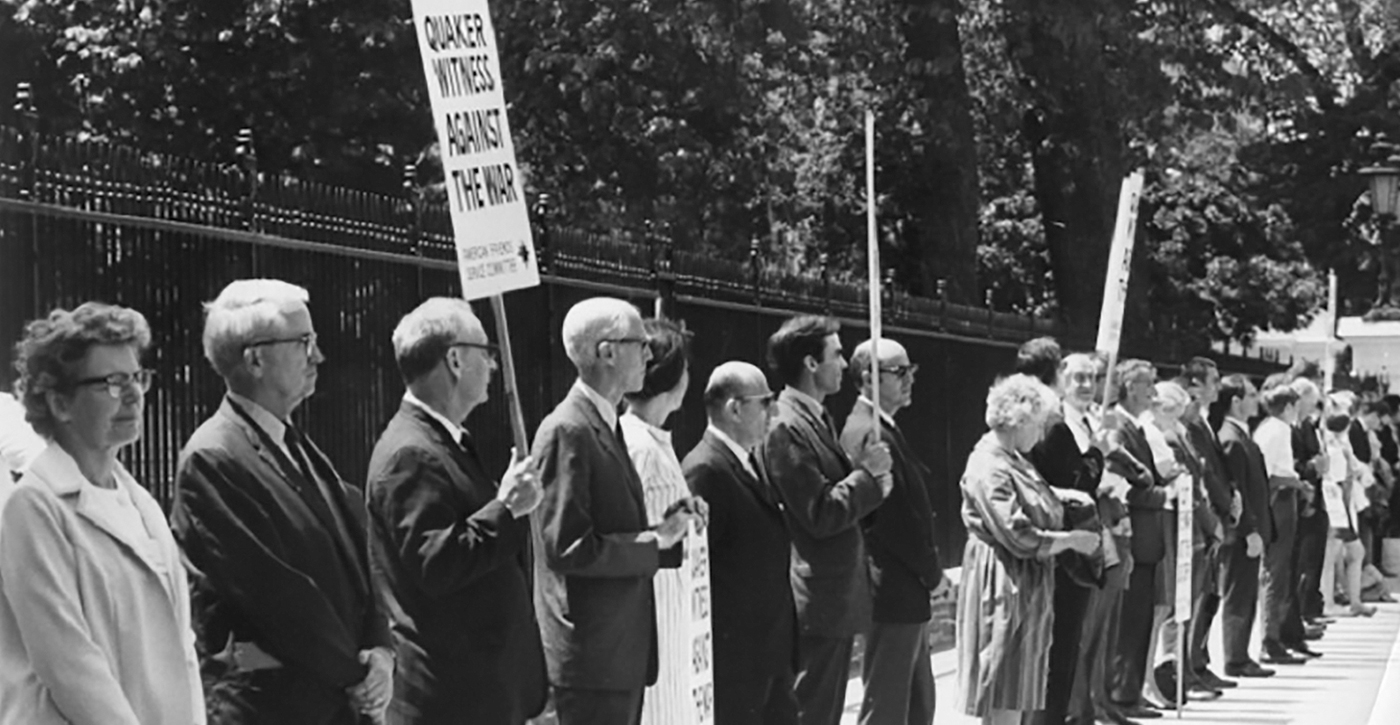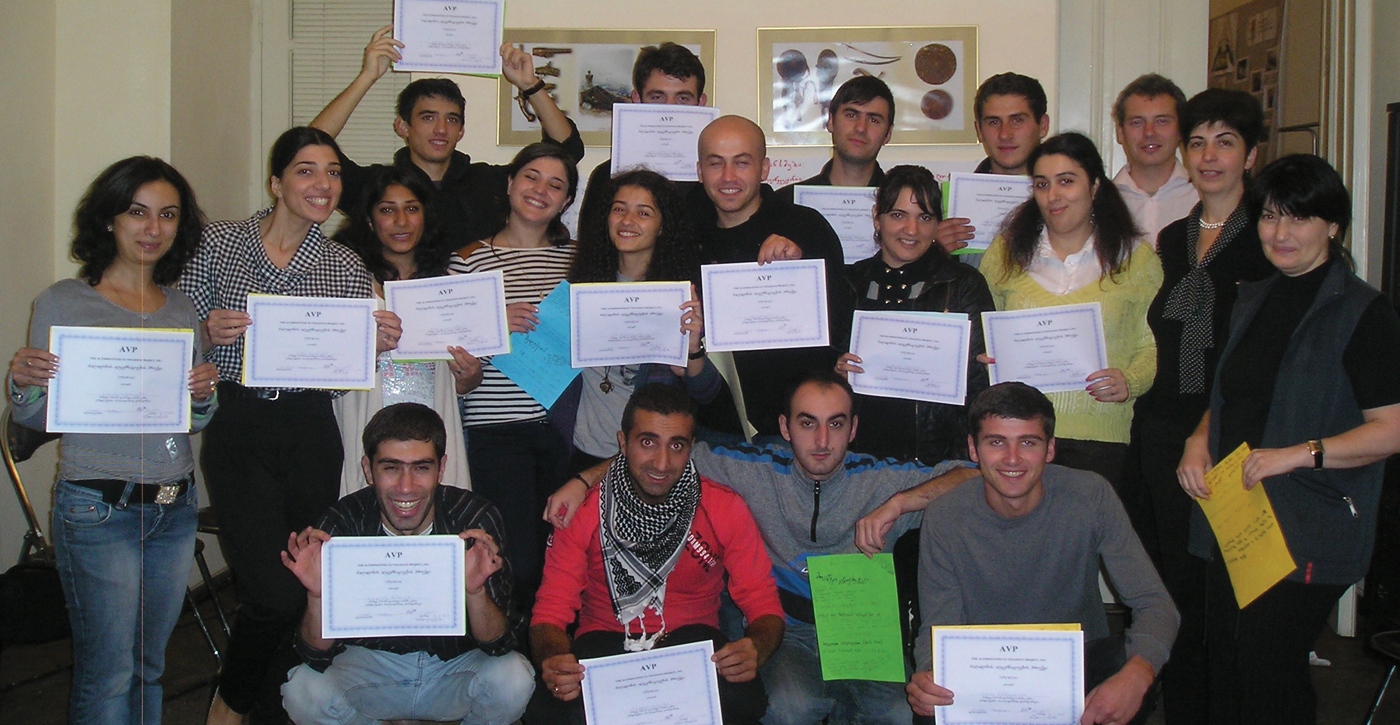Listen.
For me, "Heeding God’s Call" felt like just that, a call-except that it came by email. The invitation from Rabbi Phyllis Berman to be a Jewish observer/ participant at the peace gathering had come only a few weeks after I had returned from a human rights trip to Israel with 40 other people from the United States, most of them Jews. Now I and three other members of my synagogue, Mishkan Shalom in Philadelphia, were struggling to discern how to share what we had learned.
Listen.
The title of the workshop jumped out at me: How can I Engage the "Other" in Public Dialog Without Perpetuating Violence? This was something I craved to know. Like many people, I have several "others" in my life, although most are not personal acquaintances. As a newspaper editorial writer and columnist by trade, I’m used to having a forum to express my opinions-at length, without interruption. Debate, when it comes, comes later and in written form, and rarely develops into dialogue. Yet much of what one of my editors calls "fan mail," reveals the "others" out there: Those who dismiss evolution as "just a theory," who insist that the Bible condemns the "choice" of homosexuality, who believe that the Muslim religion is the source of something called "Islamofascism,” that torture can be moral or necessary, that climate change is a hoax, that there is a war against Christmas, that the poor are lazy, that guns don’t kill people.
Listen.
I was mildly disappointed when Bonnie Tinker, the founder of Oregon-based Love Makes a Family (www.LMFamily.org), revealed that the first step of the process she developed to talk to the "other" is . . . Listen. Bonnie, who co-led the workshop with Rita Clinton, also of Cregon, created a process she calls LARA in 1992 to help people defend against an anti-LGBT initiative in her state. I could only imagine how such a could cut deeply to questions of identity and vulnerability, and the desire to either rage or run.
Shouldn’t it demand something more powerful than Listen?
Then, though, Bonnie revealed the second step-Affirm-and something clicked into place. What Bonnie and Rita were prescribing was a listening geared to finding something with which you agree in what your antagonist has said, some connection between you and the "other," which of course requires that you believe there is one to find.
There are four steps to LARA-Listen, Affirm, Respond, and Add-and they’re all important, but I was still focused on the Listen and Affirm-actually, Listen to Affirm. Did I ever listen that way?
As Bonnie explained, engaging the other requires that you show respect for the humanity of the person you are speaking to.
"The moral ground you are standing on is big enough for all," she says. "If you take up all of the moral ground by backing others into a corner, by forcing them up against the wall or pushing them over the edge of a verbal precipice, they cannot join you in your opinion.
"Building common ground assumes that people share at least one value in common-the desire to do the right thing."
Listen.
Listen-Sh’ma in Hebrew-is the first word of the central prayer in Judaism. Sh’ma Yisrael Adonai Eloheynu Adonai Echad, "Listen (or hear) O Israel, the Lord is our God, the Lord is one."
Jews say the Sh’ma, exhorting themselves to "listen," several times a day, to listen and really hear the message that everything and everybody is one. That brand of listening, the kind in which you’re listening for a connection, for a shared experience or goal. is difficult, but just the attempt feels transformative.
There’s a Hebrew word for it-Rachmanus, which is sometimes translated as "compassion"-a call to attribute to everyone the best of intentions.
In the weeks since the workshop, I have struggled to listen in this deep way, to remember the phrases Bonnie Tinker offered to get us started. "I also care about . . . " "I agree with you that . . . " "I think you are right about . . . "
I even tried it with old "fan mail," looking for something in the messages that I could affirm, and often finding them-and glimpsing the possibility that, in reality, there is no true "other."



